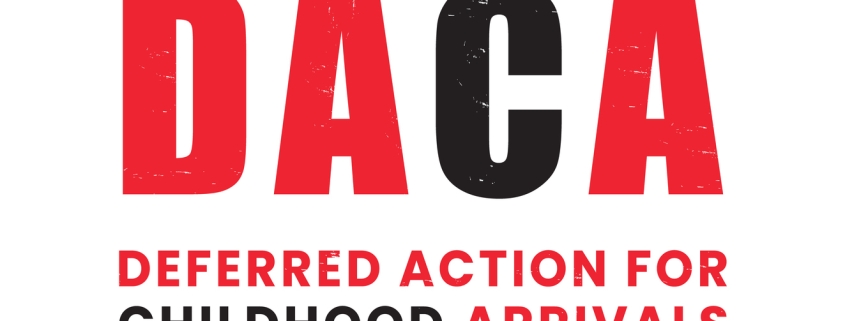What Is DACA?
The Deferred Action for Childhood Arrivals (DACA) initiative, implemented by the Obama administration in 2012, aimed to shield individuals who migrated to the U.S. as children from deportation and provide them with authorization for legal employment.
As of 2023, approximately 580,000 active beneficiaries reside in the U.S. For those with inquiries about their rights and future in the U.S., a DACA immigration attorney at Bassey Immigration Law Center can offer guidance in this evolving legal landscape.
Am I Eligible for DACA?
- Must be under 31 years old on June 15th, 2012, and physically present in the U.S. on that date.
- Arrival in the U.S. before the 16th birthday is required.
- Continuous U.S. residence since June 15th, 2007.
- High school graduation, GED attainment, or current school enrollment.
- No felony convictions, certain aggravated misdemeanors, or three misdemeanors.
What are the Benefits of DACA?
- Protection from deportation: Status ensures U.S. residence, contingent on compliance with laws. Criminal convictions may result in revocation and potential deportation.
- Work authorization: Status permits obtaining an Employment Authorization Document (EAD) for employment with U.S. employers. Discrimination protections apply.
- Renewal every two years is crucial to maintaining protection and preventing complications in living and working in the U.S., including potential deportation.
Limitations of DACA
- No direct path to green card or citizenship: Status does not provide a route to citizenship or permanent resident status; traditional immigration channels are necessary.
- Limited access to federal aid programs: Generally, recipients are ineligible for specific federal benefits, including Social Security, food stamps, and certain higher education financial aid programs.
Legal Landscape
The Trump administration attempted to end protections under the initiative, and ongoing legal challenges at both federal and state levels create uncertainty for recipients.
For current beneficiaries or those pursuing status, legal guidance from an immigration lawyer in FL can help understand applicable laws and implications.
About Bassey Immigration Law Center, P.A.
Bassey Immigration Law Center, P.A., led by attorney Aniefiok Bassey, provides comprehensive immigration services to individuals, families, and businesses in Florida and beyond. With over 20 years of experience, the firm assists clients with a wide range of immigration matters, from family reunification and green cards to business visas and deportation defense. The diverse, multilingual team is dedicated to supporting clients through the complex immigration process, with a special focus on citizenship, asylum, and LGBTQ+ immigration needs. They offer affordable initial consultations and are committed to delivering personalized, strategic guidance for achieving clients’ immigration goals.



